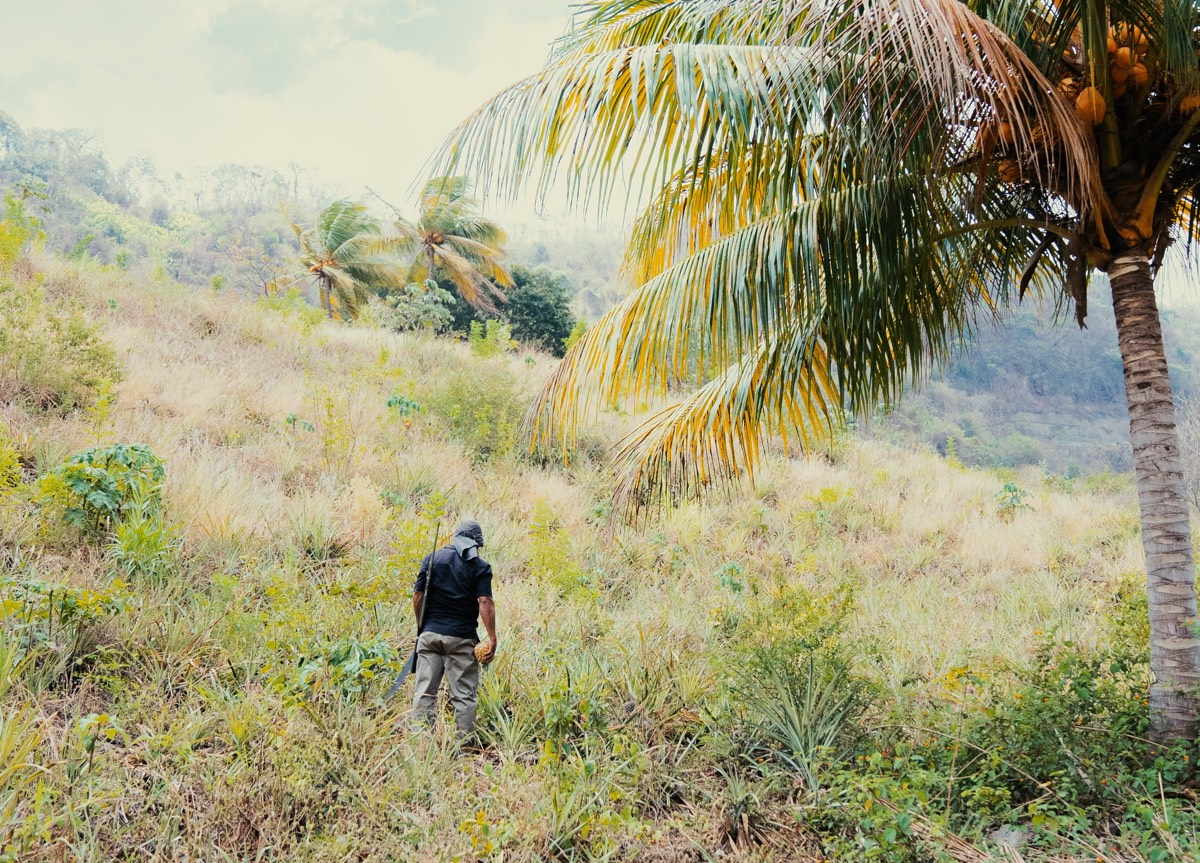Dekalb on a new development pathway

This year, the innovation center Dekalb, which has become a regular place for Russian farmers to share experiences and gain practical knowledge in the field of corn cultivation, has got a new development agenda after the merger of Bayer and Monsanto, the companies providing innovative agricultural solutions for plant and seed protection.
As the merged company noted, although it is rather an exception, the innovation center has become a virtual presentation of the up-to-date agricultural technologies of a new powerful market player.
‘This is exactly the case when one plus one equals more than two,’ said Alexander Lysenko, the Regional Head for Krasnodar Krai and Crimea at Bayer. ‘Progressive Monsanto biotechnologies, including Dekalb corn breeding, added to Bayer’s advanced plant protection products, provide not just an extended product portfolio, but a complete integrated solution to increase the yield and profitability of the agricultural business. This is what is new and valuable in the approach for the industry.’
The proposal under this strategy includes: hybrid seeds, treatment before planting, as well as a spectrum of more than 10 herbicides, insecticides and fungicides which can solve a wide range of problems that agricultural manufactures may encounter at different stages of crop growth.
‘One of the most harmful factors reducing the gross yield of grain especially in southern regions of Russia is drought. Therefore, a number one step is to introduce hybrids with a well-developed root system in the process chain,’ recommends Roman Kharlamov, Chief Technology Officer at Dekalb in Russia. ‘Increased water uptake through the roots, which enhances overall stress tolerance of the crop, is the most important feature of Dekalb selection. One more measure to increase the viability of hybrids against unpredictable threats, is Acceleron®, a solution for protection before planting that is exclusively developed for Dekalb corn. Apart from a fungicide and an insecticide, it contains the biocomponent B-360 that additionally promotes root development.’
In Dekalb corn breeding, producing hybrids that are widely adapted to unpredictable threats, is a priority. According to brand specialists, this is the very property, rather than the yield potential, that should be first of all borne in mind when choosing seeds. One of the newest products this year, the late “southern” hybrid DKС 5075 with FAO 400 intended for corn inoculation in the area with variable precipitations, is a vivid example. It is adapted to various technologies and resistant to the infection background. This newest product also blossoms early. Although, under the trials of the innovation center, this hybrid was planted later than it would have been optimal, even under drought and heat stress, and, among other things, while flowering, it showed good architectonics and did not differ in outward appearance from its neighbours which had been planted a week earlier.
The major yield limiting factor in corn production is weeds. As estimated by Dekalb specialists, every day of growing with weeds postemergence reduces corn yield to 1.88 ql. per 1 ha. This is why the use of herbicides on corn is an integral part of the technology in all countries.
‘In Russia, the use of herbicides is significantly lower compared with the rest of the world. Russian farmers give preference to Bayer products, which even used once, can help to solve the emerging problems, as proved by the results of state inspection and pre-registration trials,’ said Andrey Cherepanov, Crop Manager at Bayer. ‘This is first of all Adengo®, and MaisTer® power, which is used to treat every sixth hectare of corn per grain in our country. And, containing a safener, these make stress in corn plants during the fight against weeds as unlikely as possible.’
A high-tech approach to weed control helped Bayer occupy leading positions on the corn herbicide market in Krasnodar Krai. The company further plans to develop this direction extending the product line with new items. For example, some of the products launched last year and presented at the innovation center are Proteus insecticide and Propulse fungicide. And this year, the company is expected to release Merlin Flexx, a herbicide with an exceptional selectivity and flexibility of application that can be used safely in a wide range, after sowing to third leaf thanks to an antidote; in addition, a new postemergent herbicide is to be registered, also for the use in the parent forms of corn.
For integrated crop protection, the specialists at Bayer recommend farmers the treatment with both fungicides and insecticides at final stages of its growth. In the last two years, two products became commercially available: Proteus insecticide that is active against multiple pests, including most moths from which the fields in various regions of Russia have suffered for a few seasons, and Propulse fungicide that protects not only from foliar diseases, but also effectively controls the development of Fusarium ear rot. A series of trials were carried out in the field of the innovation center aimed at adjusting the schemes of using these products to different conditions.
‘The primary task of the innovation center is to give farmers an opportunity to see for themselves the result of the new integrated approach and to extrapolate it to their practice, which we have fully done this year,’ commented Alexander Lysenko. ‘This is an initial, yet important step on our way to Bayer’s further growth on the Russian market.’
In the near future, precision farming technologies will be actively introduced into a corn cultivation proposal, which will help maximize the effect of using advanced seeds and newest plant protection agents. In its development, the company also stakes at boosting local projects. At present, over 40% of sales of Bayer’s plant protection products in Russia fall to domestic products. In the near-term outlook, this figure is expected to reach 60%. In the seed sector, the company also intends to follow the course of localization. Already this year, around 100 thousand of seed units of Dekalb corn will be produced in Russia, with a trend towards further increase in the amount.



